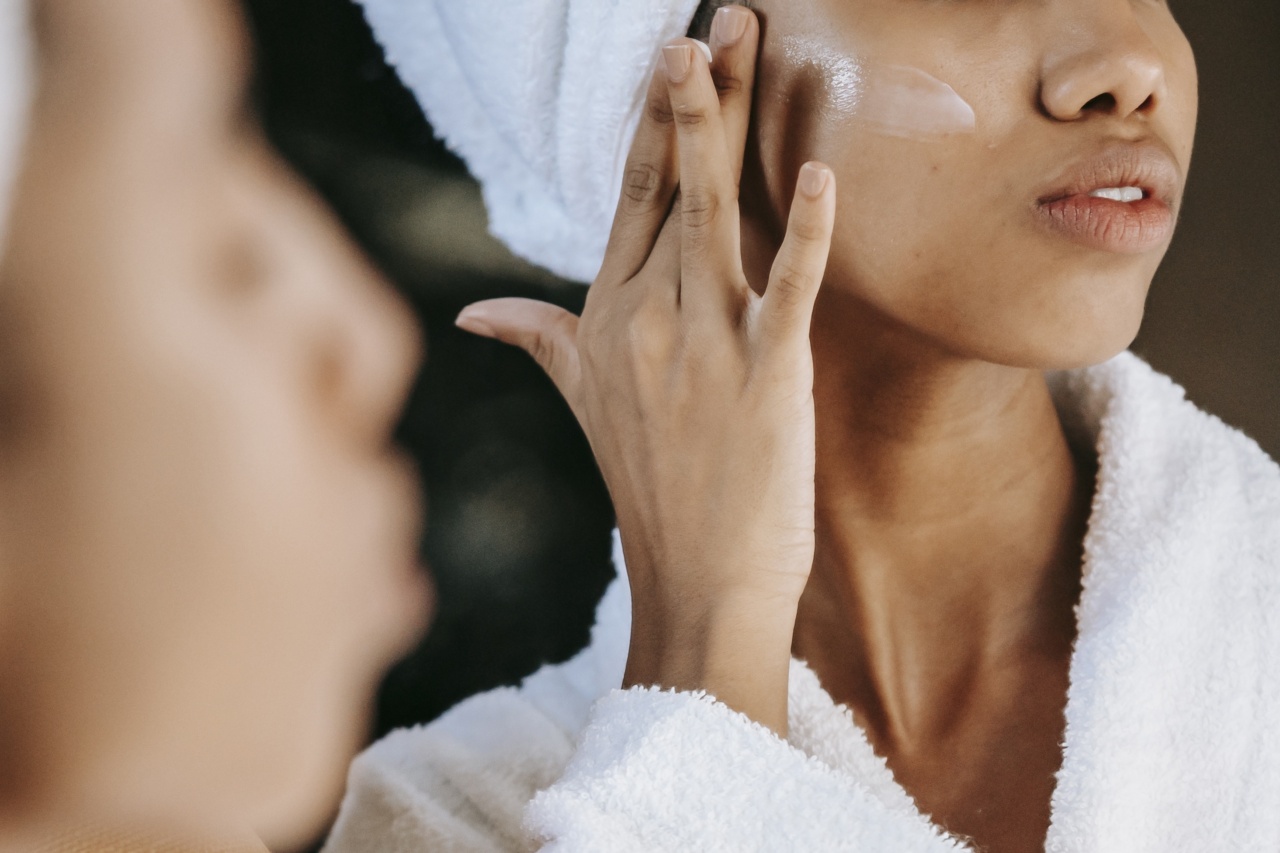Menopause is a natural biological process experienced by women usually between the ages of 45 and 55, marking the end of their reproductive years.
During this transition, a woman’s body goes through hormonal changes, leading to several physical and emotional symptoms. One of the most common and bothersome symptoms is dry skin.
The Role of Hormones in Skin Health
Estrogen, a hormone that plays a crucial role in a woman’s reproductive system, also contributes to maintaining healthy skin. It stimulates the production of collagen and elastin, which are proteins responsible for skin elasticity and hydration.
As menopause approaches, estrogen levels gradually decrease, leading to a reduction in collagen and elastin production. Consequently, the skin becomes drier, thinner, and more susceptible to damage.
Common Skin Issues During Menopause
1. Dryness: As mentioned before, declining estrogen levels play a significant role in skin dryness. The skin loses moisture more rapidly, resulting in flakiness, itchiness, and a dull complexion.
2. Wrinkles and Fine Lines: Reduced collagen and elastin production accelerate the formation of wrinkles and fine lines. These changes are more noticeable on areas with repetitive movements, such as around the eyes and mouth.
3. Dullness: The reduction in skin cell turnover during menopause can cause a buildup of dead skin cells on the surface, leading to a lackluster appearance.
4. Increased Sensitivity: Hormonal imbalances during menopause may also cause the skin to become more sensitive to environmental irritants, leading to redness, itching, and even inflammation.
Managing Dryness During Menopause
While menopause-related skin dryness is inevitable, various measures can be taken to minimize its effects and keep the skin soft and supple.
1. Moisturize Daily
Invest in a quality moisturizer suitable for your skin type and apply it daily. Look for products containing hyaluronic acid, glycerin, or ceramides, as these ingredients help attract and retain moisture in the skin.
2. Use Gentle Cleansers
Harsh soaps and cleansers can strip the skin of its natural oils, exacerbating dryness. Opt for mild, fragrance-free cleansers that won’t irritate or dry out the skin further.
3. Avoid Hot Baths and Showers
While hot water may feel soothing, it can actually worsen dryness by stripping away the skin’s protective oils. Stick to lukewarm water and reduce shower or bath time to prevent further moisture loss.
4. Hydrate from Within
Drink plenty of water throughout the day to keep your body hydrated. Hydration is not only vital for overall health but also helps maintain skin moisture levels.
5. Protect Your Skin
Shield your skin from harsh environmental factors like UV rays by wearing sunscreen with at least SPF 30 daily. Additionally, consider using protective accessories such as hats, sunglasses, and scarves to provide an extra layer of defense.
6. Boost Your Diet
Include foods that are rich in antioxidants, vitamins, and healthy fats in your diet. These include fruits, vegetables, nuts, and fatty fish, which can help nourish and support the health of your skin.
7. Invest in Humidifiers
Using humidifiers in your living spaces can help add moisture to the air, preventing excessive dryness of the skin.
8. Avoid Excessive Exfoliation
While exfoliating is an essential step to remove dead skin cells, overdoing it can damage the skin’s natural barrier. Limit exfoliation to once or twice a week using gentle exfoliants.
9. Consult a Dermatologist
If your dry skin becomes severe and persists despite self-care measures, it’s crucial to consult a dermatologist.
They can provide personalized advice, recommend prescription medications, or suggest professional treatments like chemical peels or microdermabrasion.
10. Prioritize Self-Care
Reducing stress levels can be beneficial for overall skin health. Engage in activities that help you relax and unwind, such as yoga, meditation, or spending time with loved ones.
Conclusion
Menopause brings various changes to a woman’s body, including significant effects on the skin.
While it’s impossible to completely eliminate the dryness associated with menopause, adopting a skincare routine that nourishes and hydrates the skin can help maintain its softness and improve overall skin health. By understanding the causes behind menopausal skin dryness and implementing preventive measures, women can minimize the discomfort and enjoy healthy, radiant skin during and after menopause.





























